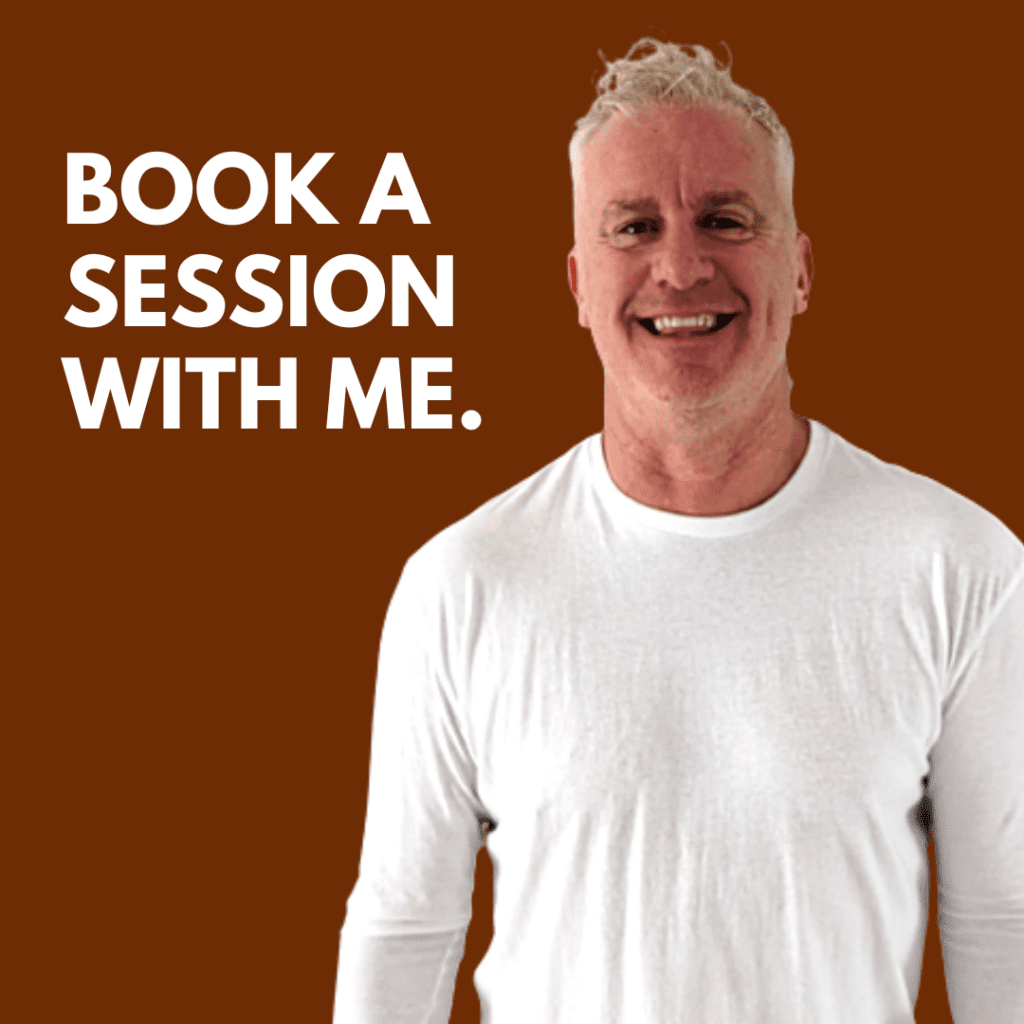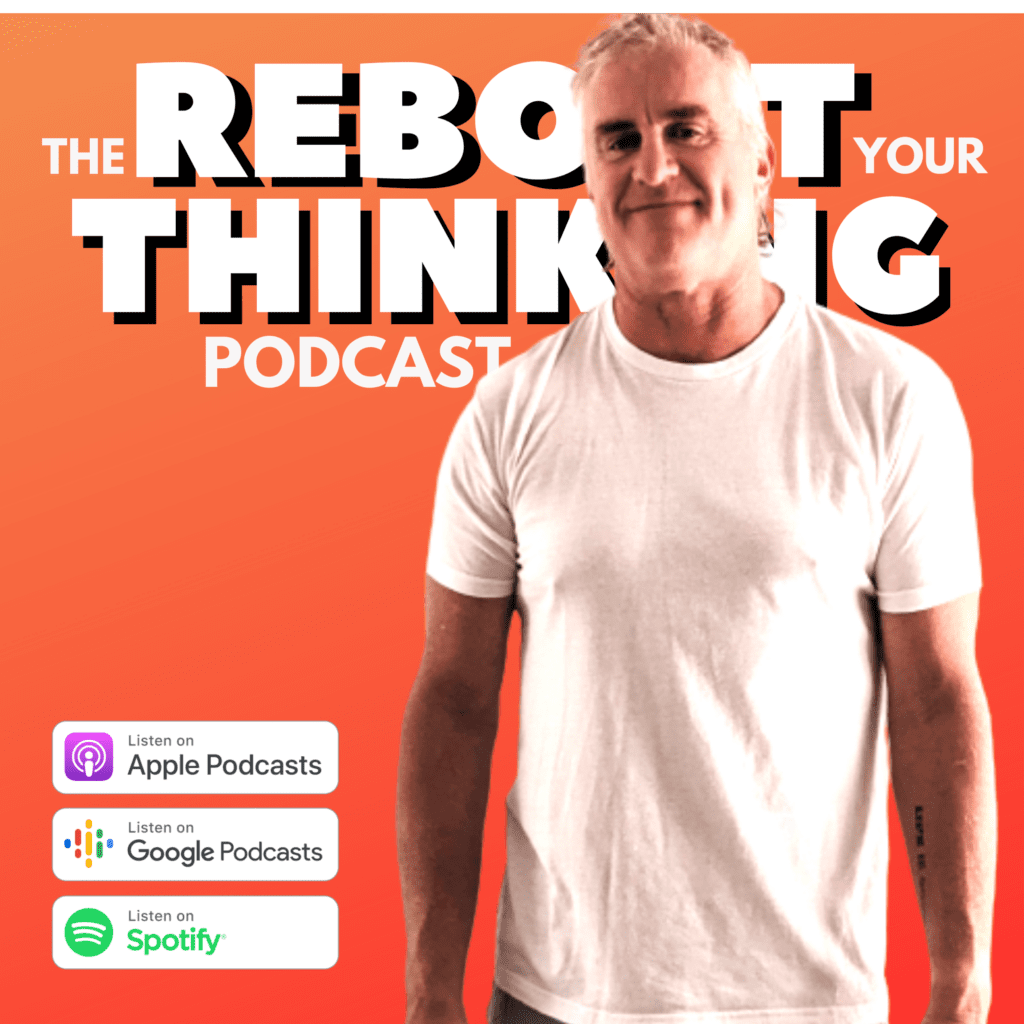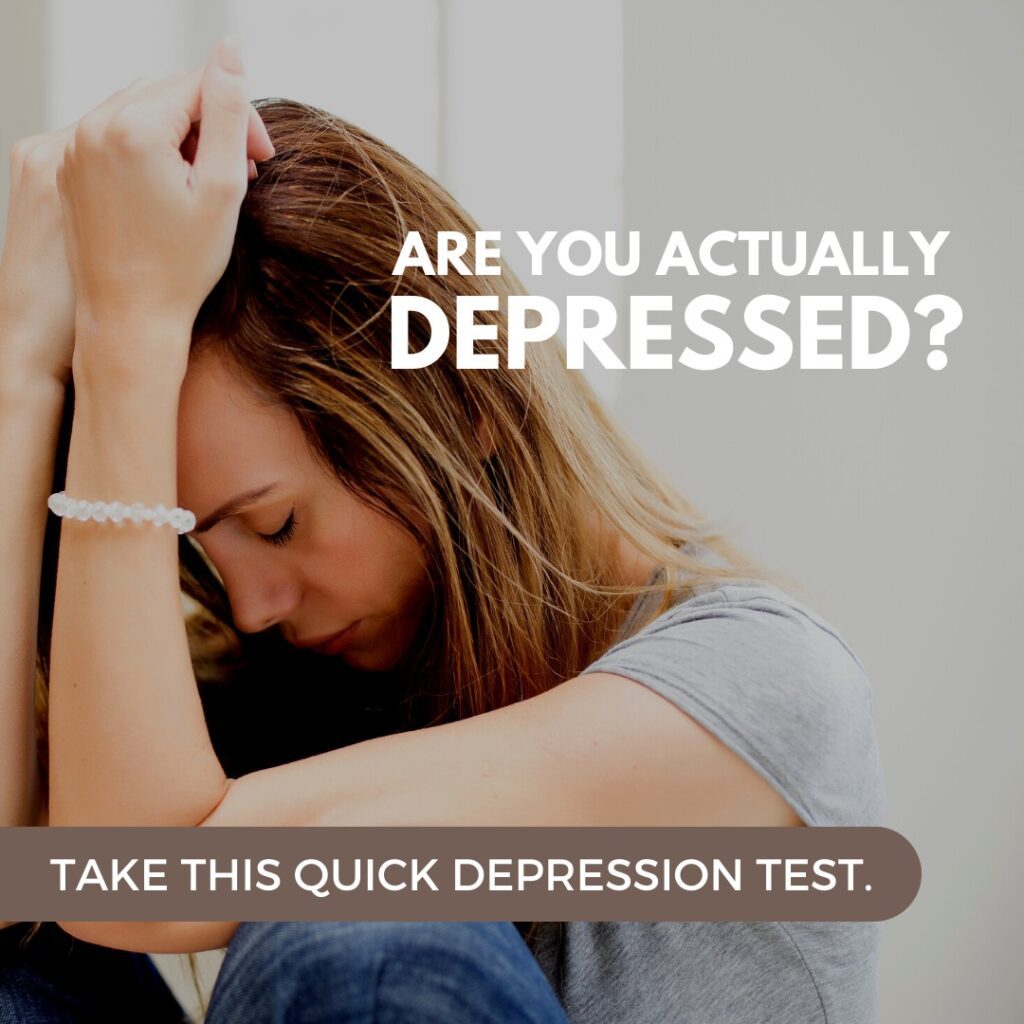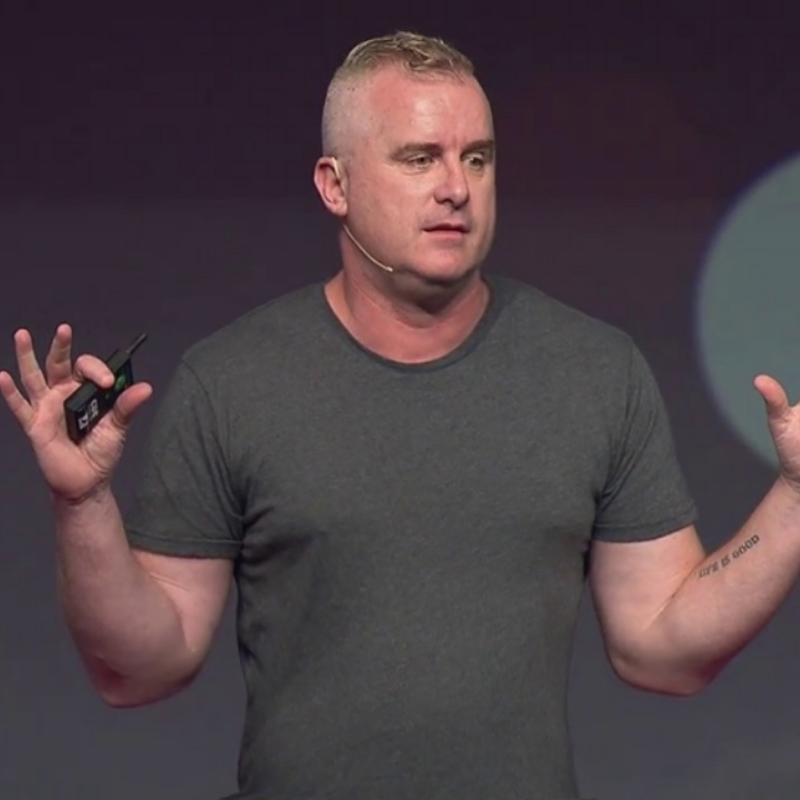Positivity has become a buzzword in recent years, with countless social media influencers and self-help gurus preaching the benefits of maintaining a positive outlook.
While a positive mindset can certainly help us cope with life’s challenges and setbacks, the idea of “good vibes only” can sometimes be taken too far.
What is toxic positivity?
This is what’s known as toxic positivity – a cultural phenomenon that places undue pressure on people to always be happy, optimistic, and grateful, while denying the validity of negative emotions like sadness, anger, and frustration.
Toxic positivity can manifest in a variety of ways, from well-meaning platitudes like “just think positive!” or “everything happens for a reason” to more overt messages that suggest that negative emotions are a sign of weakness or a failure to “manifest” one’s desires.
Can it do more harm than good?
While these messages may be intended to motivate and inspire, they can also have the opposite effect, making people feel guilty or ashamed for experiencing anything other than unbridled positivity.
The problem with toxic positivity is that it can create unrealistic expectations for ourselves and others, leading to feelings of inadequacy, shame, and even depression.
When we feel like we have to “keep up appearances” and hide our true feelings, we are denying ourselves the opportunity to process our emotions in a healthy way.
In addition, when we invalidate the emotions of others by insisting that they “just look on the bright side,” we can inadvertently make them feel unheard, unsupported, and dismissed.
There’s nothing with positivity, though.
It’s important to note that toxic positivity is not the same as positivity itself.
Positive thinking can be a powerful tool for improving our mental health and well-being, as long as it is grounded in reality and doesn’t deny the existence of negative emotions.
Rather than trying to force ourselves or others to be positive all the time, it’s more helpful to cultivate a mindset of emotional openness and resilience.
This means acknowledging that negative emotions are a natural part of the human experience, and that it’s okay to feel sad, angry, or frustrated sometimes.
So, what can we do to counteract toxic positivity?
Here are a few strategies:
Practice emotional awareness.
One of the best ways to combat toxic positivity is to become more aware of your own emotions.
When you notice yourself feeling down or upset, try to label the emotion and sit with it for a moment.
Instead of immediately trying to “fix” the problem, see if you can simply acknowledge and accept the feeling.
Validate others’ emotions:.
When someone comes to you with a problem or a difficult emotion, try to resist the urge to “fix” the situation. Instead, simply listen and validate their experience.
You might say something like, “I’m so sorry you’re going through that. It sounds really hard.”
This can help the person feel seen and heard, which can be incredibly validating.
Cultivate self-compassion:.
When we’re constantly bombarded with messages to “be positive,” it can be easy to feel like we’re failing when we experience negative emotions.
This is where self-compassion comes in.
Practice treating yourself with the same kindness and understanding you would offer a good friend.
Instead of berating yourself for feeling down, try saying something like, “It’s okay to feel sad sometimes. I’m going to be gentle with myself today.”
Embrace a growth mindset.
Finally, it’s important to remember that our emotions are not fixed states.
Just because you’re feeling sad or anxious today doesn’t mean you’ll feel that way forever.
By adopting a growth mindset, you can recognise that emotions are fluid and temporary, and that you have the power to change.



















Great insightful article